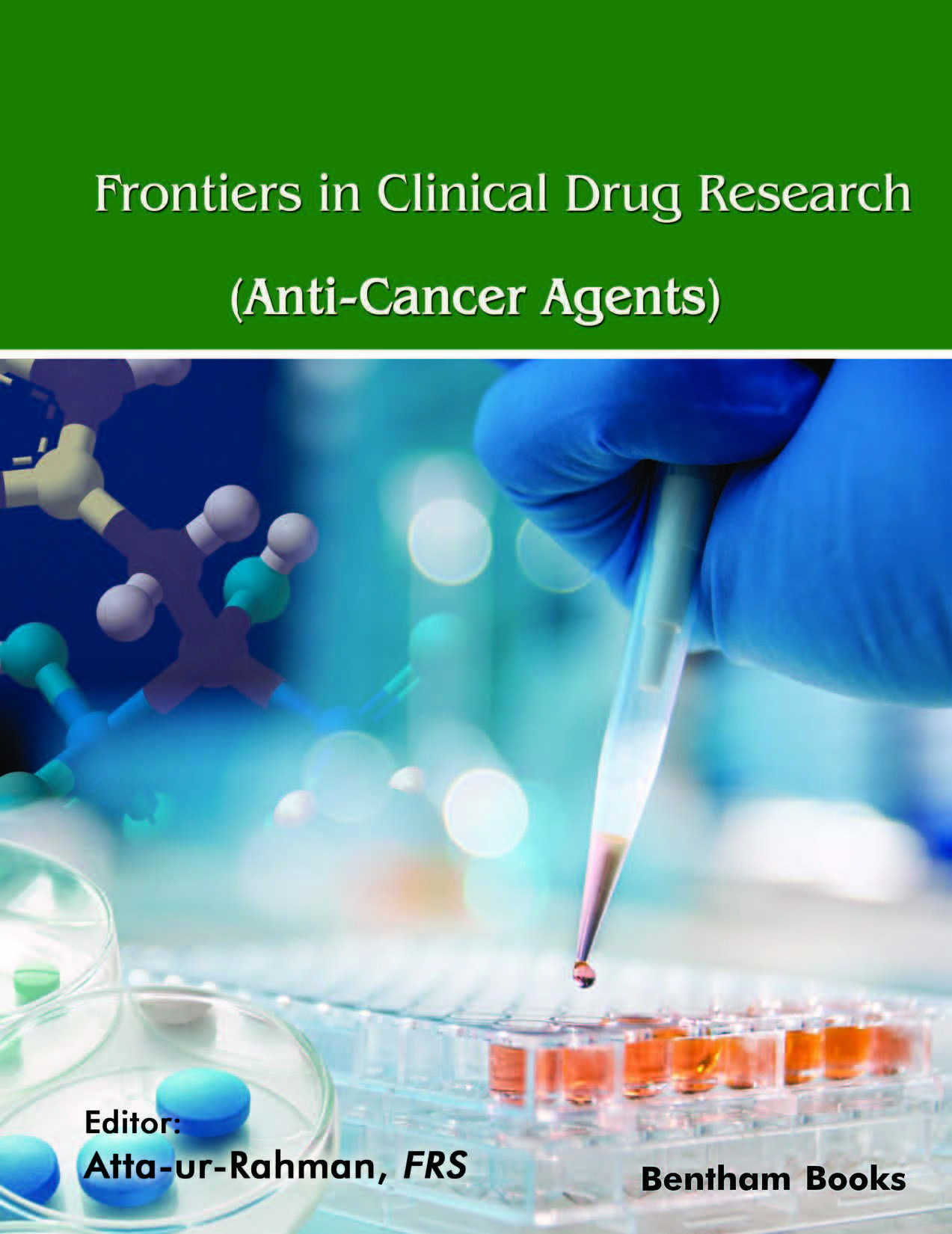Introduction
Frontiers in Clinical Drug Research - Anti-Cancer Agents is a book series intended for pharmaceutical scientists, postgraduate students and researchers seeking updated and critical information for developing clinical trials and devising research plans in anti-cancer research. Reviews in each volume are written by experts in medical oncology and clinical trials research and compile the latest information available on special topics of interest to oncology and pharmaceutical chemistry researchers. The seventh volume of the book features reviews on these topics:
· Essential oils and monoterpenes as potential anti-cancer agents
· Drug delivery systems and emerging immunotherapeutic strategies for the treatment of glioblastoma
· CTDNA in solid tumors
· Cholesterol treatments (including Pitavastatin) and their potential in cancer treatment

